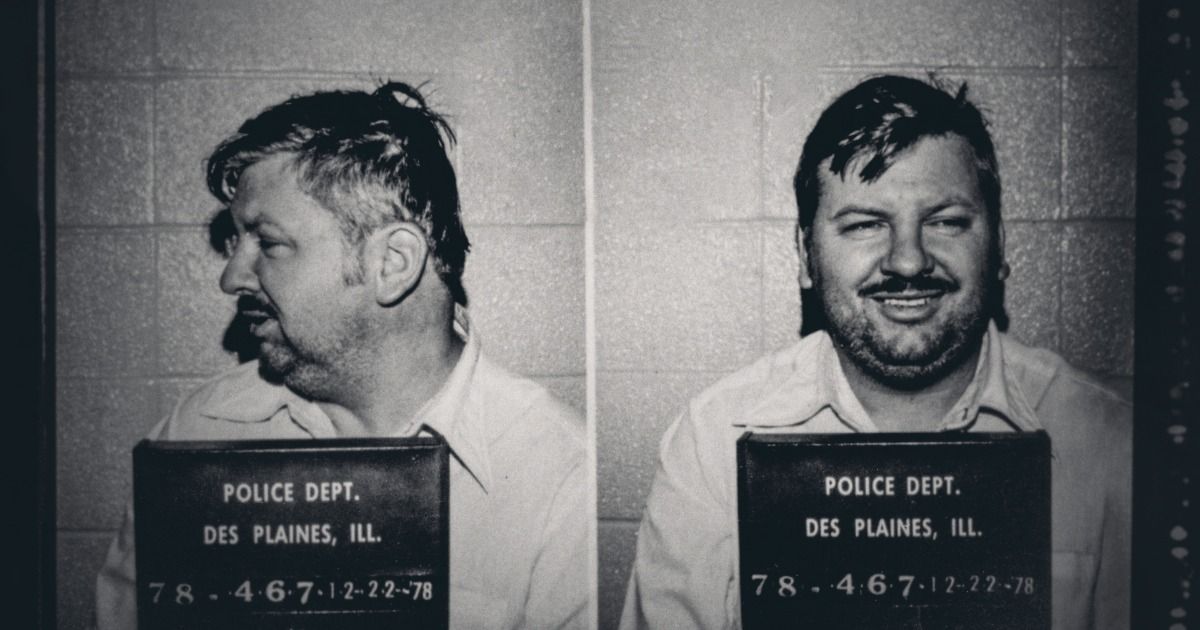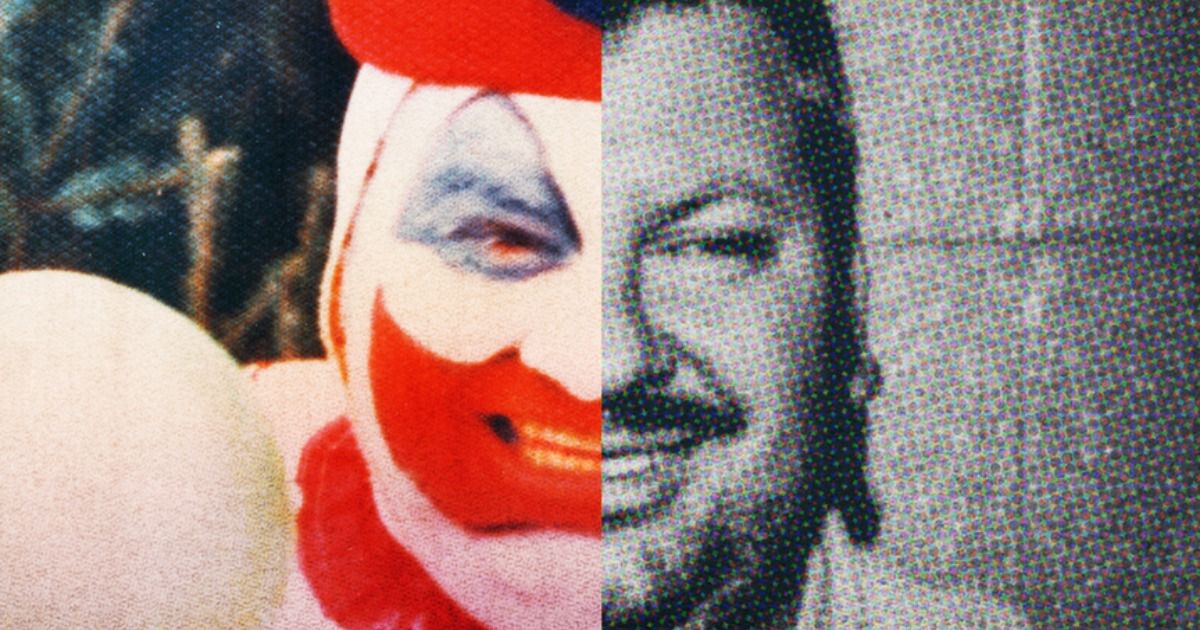These documentaries show subjects and circumstances that can be triggering to some people. Viewer discretion is advised regarding every documentary cited in this article.For a few years now, true-crime movies and shows have become one of the most-watched content around the world. The main topic of fascination: serial killers. Books, movies, and TV series about killers have always been popular. However, there has been a change in searching for stories that are not a work of fiction but real. Which led to movies like Extremely Wicked, Shockingly Evil and Vile, where Zac Efron plays the part of the notorious serial killer, Ted Bundy. The movie received a lot of backlash due to the romanticization of who Bundy was.
Because of the increased interest in the area, and the explosion of true-crime podcast series and their adaptations, documentaries about the subject began to emerge at an increasing rate. Documentaries have the power of being less biased in romanticizing what happened — they use facts and do not try to manipulate the truth to entertain the audience. It is impossible to say that entertainment is never taken into consideration when producing a documentary. Usually, the way the story is structured and becomes enthralling is through the filmmakers' creativity: a linear story, going back and forth, showing the families of the victims telling the story mixed with photos of the crime… The possibilities are almost infinite.
In the past couple of years, true crime pioneer Joe Berlinger (who made the groundbreaking Paradise Lost films) has produced more documentary miniseries and movies on the topic, such as the one that Efron starred in. Both seasons of Crime Scene (The Vanishing at The Cecil Hotel and The Times Square Killer) and Conversations With A Killer (both seasons) have been produced with Netflix alone. Using real footage mixed with particular never-before-seen elements, Berlinger is capable of telling previously over-told stories in a new light. There is an emotional element present in his documentaries that come from various smart decisions that make you glued to the TV.
His new docuseries, Conversations With A Killer: The John Wayne Gacy Tapes is on Netflix now. Just like the first installment of the series, this one is worth the watch. Here is what Berlinger did differently from other true crime filmmakers in his documentary.
Conversations With A Killer
Conversations With a Killer is a mixture of the past and the present. Like any good documentary, there are interviews with people today that have something to do with the subject. There is, however, an extra element that set this miniseries apart from other true crime productions: the killer actively participates in telling the story. Using tapes recorded during the time the killer was alive gives another layer to the storytelling of these people who have been so studied over the years.
Alongside detectives that work on the case, victims that were able to escape, and families that lost loved ones, Ted Bundy and John Wayne tell their version of the story. Actively listening to their voices as the pictures of the crimes and the victims appear brings the audience closer to what happened. That is the focus of both seasons of Conversations With A Killer rather than give new information about the cases. If the viewer already knows a lot about these cases, it doesn't really matter, because a different perspective is explored, a more first-person point of view.
The two serial killers that the miniseries explored have a few things in common. Both were sociopaths, extremely manipulative, used the fact that there was no interstate communication between the police at the time, and were given the death sentence. They also, like most true serial killers, came from very toxic households, which somewhat influenced what they would do later in life. They do diverge in many aspects as well: the main one is that Gacy used his house as a mass grave, while Bundy disposed of the bodies the best way he could and as far from him as possible.
The John Wayne Gacy Tapes
One of the elements that shocked everyone so much regarding this particular case was Gacy's social life. He was a prominent figure in the Democratic party, a nice neighbor who sometimes even dressed up as a clown to go to birthday parties, and threw huge barbecues. There was a dark side to him that only his victims saw: baiting young men to have sexual interactions with him, Gacy then tortured and killed them.
With the availability of over 60 hours of previously unheard tapes of the killer (recorded by a member of his defense team that remained nameless) and never-before-seen footage of the crimes, this documentary dives even deeper into the crawlspace of the killer's closet. Berlinger even discussed how appropriate it actually was to air the documentary due to its brutal nature. He concluded that, "I think it’s very important for the audience — so that it’s not just another story — to be grounded in the horror, the fact that there were 26 bodies under the crawlspace and three other bodies on the property, and four bodies in the river."
Context is always a prominent element in Berlinger's documentaries. This miniseries brings to light how the prejudice against gay men helped Gacy to do his crimes for so long and remain unnoticed. He kidnapped young men from his neighborhood, and from places that were frequented by gay men. Most men that came out of the closet as gay had a fall out with their families because of their sexuality. Therefore, very few people were looking for them. That led to the killer being caught after murdering over 30 people.
This issue also included how the police handled assault cases with a gay man — which usually resulted in nothing getting done. Gacy took advantage of having victims that few people cared about, combined with the ones that did come forward and weren't listened to by the authorities. Berlinger makes a clear criticism, calling gay rights activist Martha Fourt to speak on the matter and give context to how such horrendous crimes were able to happen.
The importance given to the victims and the context of the prejudice against gay men is what makes this great TV miniseries better than Bundy's. The focus on Ted Bundy's season was Bundy himself, who has become almost a cultural phenomenon at this point, meaning: everyone knows almost everything about him. The series ends asking for people to contact the police if they know a young man that, at the time, went missing because there are still bodies that haven't been identified.
Other Documentaries
Netflix has a vast number of true crime documentaries available to stream. Other ones deal with serial killers, such as The Confession Killer. The documentary tells the story of Henry Lee Lucas, a serial killer that confessed to more than 200 murders in the United States. Once the police forces startto investigate Lucas, it appears that was impossible. Others deal with a variety subjects, some more serious and brutal, like Don't F*** With Cats. The series shows the actual internet manhunt after a man posted a video killing kittens and showing no emotional reaction.



